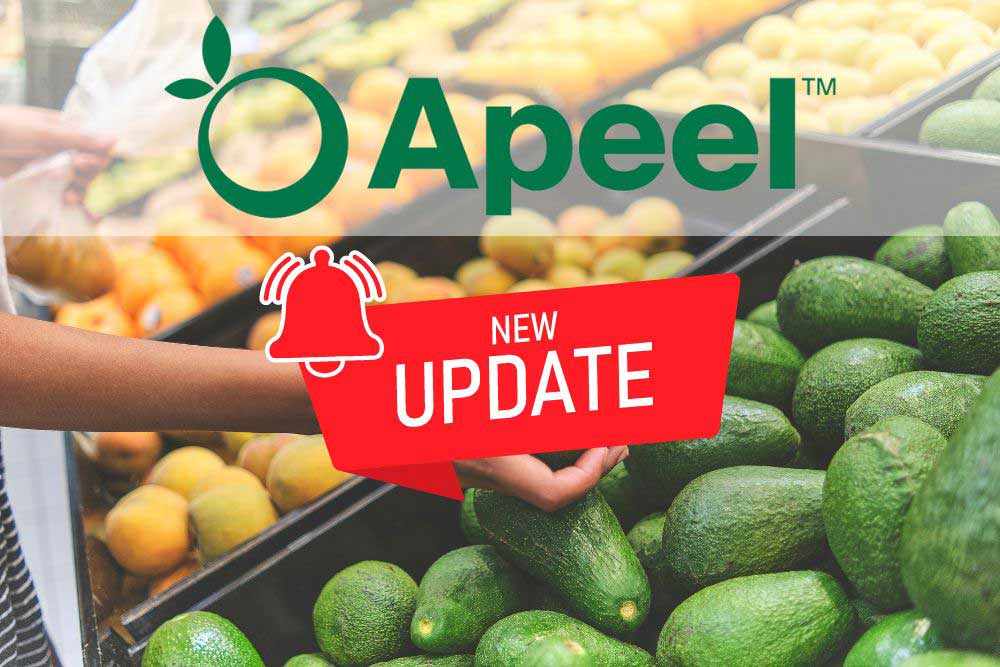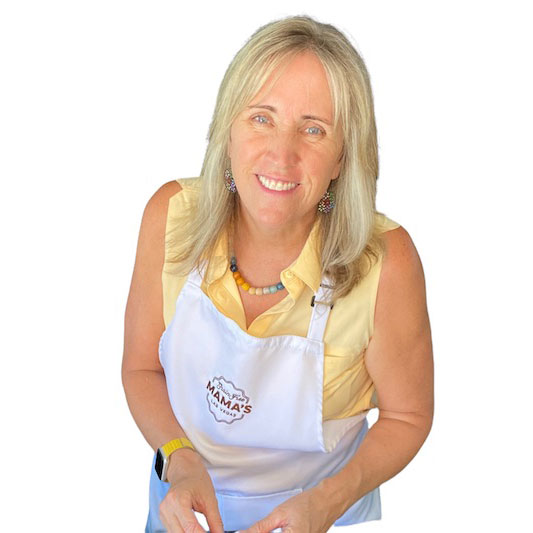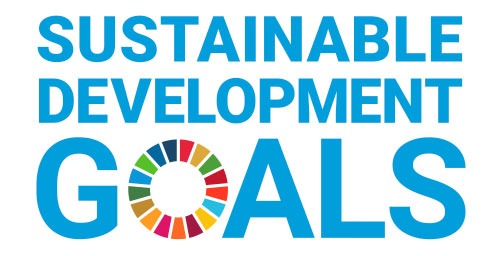Apeel: A Fruitful Innovation? Unpacking the Pros and Cons

Updated May 16, 2024
Here is an update on Apeel and the newest information since October 2023. So far, Apeel’s coatings have been commercially applied on apples, cucumbers, avocados, asparagus, limes, lemons, grapefruits, mandarins, mangoes, and oranges. Apeel is most commonly used on organic apples. Consumer trust in Apeel, a company that produces a plant-based coating to extend the shelf life of fruits and vegetables, has been mixed. Here are some key points to consider:
Concerns and Challenges:
- Some consumers have expressed concerns about the transparency of Apeel’s labeling and the ease of identifying coated produce.
- Despite Apeel being generally recognized as safe (GRAS) by the FDA, some consumers remain cautious about any additives to their food.
- There is still a lack of widespread consumer awareness about Apeel, leading to confusion or skepticism.
Identifying Apeel-Coated Produce:
To know if your produce has been coated with Apeel, look for specific indicators:
- Retailers often use labels or stickers to indicate that produce has been treated with Apeel. Look for wording such as “Protected by Apeel” or similar phrases.
- Grocery stores may display signs in the produce section informing customers about the use of Apeel coatings on certain fruits and vegetables.
- Some retailers provide information online or in-store about the use of Apeel coatings. Checking the store’s website or asking store employees can provide more details.
Funding and Corporate Changes:
In a major financial boost, Apeel secured another $250 million funding round, enhancing its capacity to innovate and expand its technological reach in the fresh food supply chain. (https://techcrunch.com/2021/08/18/apeel-bites-into-another-250m-funding-round-at-a-2b-valuation-to-accelerate-fresh-food-supply-chains) However, the company also faced challenges, planning layoffs of about 120 workers across North America, Europe, and South America, as part of a restructuring to streamline operations. (https://www.producebluebook.com/2022/12/02/apeel-plans-layoffs-in-2023/)
Environmental and Personal Impacts:
Apeel’s products are designed to extend the freshness of produce, with the aim of helping reduce food waste, lessen the dependence on refrigeration, and reducing the frequency of grocery shopping. There are controversies and discussions in the food community regarding the safety and chemical aspects of the coatings used, which are worth noting for those particularly sensitive to additives in food handling and processing. (https://www.apeel.com/impact)
In summary, the verdict is still out there. If your immune system is compromised it might be in your best interest to refrain from eating Apeel coated fruits and vegetables until more is known. Want to learn more? Check out more great articles at Grain Free Mama’s under the resources tab.
In the quest for sustainable solutions in the food industry, a product named Apeel has recently been making waves. There are very strong opinions both for and against it. As a champion of natural, grown by nature itself foods, I wanted to take a deeper dive to look at the perspectives of both sides. I will put my personal thoughts and questions in italics to differentiate from what I found in my research.
Derived primarily from lipids and glycerolipids found in the peels, seeds, and pulps of many fruits and vegetables, Apeel is advertised as an additional layer of protection for perishables.
My concern is that I was NOT able to get a list of ingredients anywhere on the internet, including on their own site. That is concerning to me as now my ‘fresh fruit’ and ‘fresh vegetables’ aren’t necessarily fresh. The Apeel coating seals the fruits and vegetables, and not even air gets in, or any residue of fertilizer chemicals, bacteria or fungus can get out?
Before embarking on the pros and cons that I uncovered through utilizing artificial intelligence (AI), I was able to find the Safety Data Sheet Apeel. I found something interesting while looking at the hazard and handling information (this is the specification sheet that is shipped with the product). What I found gave me cause to pause, as eye damage, skin irritation, and then the environmental hazard of Aquatic Chronic 3 – H412: Harmful to aquatic life with long-lasting effects got me shaking my head (smh).
Like all innovations, Apeel comes with its benefits and drawbacks. Let’s dive deep into the pros and cons.

Pros of Apeel
• Extended Shelf Life: Apeel’s primary advantage is its ability to extend the shelf life of fresh produce by up to two to three times. This is significant as it can reduce the massive amount of food waste we generate. For companies, longer shelf life translates to reduced inventory losses and better profit margins.
While extending shelf life can be good, having produce that you are buying thinking it is fresh when we won’t know when it was grown kind of makes produce the newest ‘packaged food’ with no packaging and no origin date. That is false advertising to me.
• Reduction in Plastics: Apeel can decrease the reliance on plastic packaging. Many supermarkets package fruits and vegetables in plastic to prolong their freshness. With the extended shelf life provided by Apeel, there’s potential for reduced plastic use, aligning with the global push towards sustainability.
Reducing the use of plastics is good for the planet, you, and me. But are we exchanging the use of plastics and instead filling ourselves with components that could work like embalming agents inside of us, thereby slowly polluting ourselves? Why don’t we instead work to grow produce locally and regionally for the people in the region in capacities commensurate with population to maximize locally produced, seasonally eaten produce to sustain both the planet and people at the same time.
• Water Savings: The longer shelf life also means that stores can reduce the frequency of misting produce to keep it fresh, leading to water conservation.
Yes, it will reduce the use of water for the stores, but it also allows for viruses, bacteria, and fungi to stay on the surfaces and potentially increase the spread of diseases and sickness. Creative pro, but not necessarily safe.
• Safe and Edible: Made from naturally occurring materials, Apeel is edible and doesn’t alter the taste or flavor of the produce. It offers peace of mind to consumers concerned about synthetic chemicals.
I really like that it is said to be made from plants, but if it is so good for us and safe to consume then why aren’t the ingredient lists readily available? Or available at all? This is a red flag that all is not as advertised.
• Economic Benefits for Farmers: With reduced post-harvest losses, farmers can potentially reap more economic benefits. They can now reach farther markets that were previously inaccessible due to perishability constraints.
Round-up used the same pro-wording to convince farmers that it was safer, more economically sound, and harmless. We now know that glyphosate (the main ingredient in Round Up) is a carcinogen, alters hormone levels, and more. Problem is that it is now EVERYWHERE. Are we ushering in another problem like this?
Cons of Apeel
• Limited Availability: Currently, Apeel is available only for a select range of produce. Its benefits can’t yet be harnessed for the vast variety of perishables out there.
This might be a blessing in disguise as we learn more.
• Initial Cost: While in the long run, Apeel might offer savings, the initial investment might be daunting for small-scale farmers or businesses. They would need to weigh the long-term benefits against the immediate costs.
This is also good, as it means that the local farmer market produce is not likely to have the Apeel coating on it.
• Perception and Education: Any new product in the food industry requires a shift in consumer perception. There’s a need to educate consumers about the safety, benefits, and use of Apeel, which can be a time-consuming endeavor.
A shift in consumer perception is a clever way to describe what can be called indoctrination too. Let’s start with the complete ingredient list and list of chemicals used to extract these substances from the original produce.
• Environmental Impact of Production: While Apeel itself is sustainable, the environmental footprint of its production process is yet to be extensively studied. It’s essential to ensure that the production doesn’t offset the benefits it provides.
Small farming is good for the planet in all ways. Building more huge concrete manufacturing structures covers the planet in more concrete, which is not good for sustaining the planet.
• Dependence on a Proprietary Solution: Relying on one company or solution can be a risk. If many in the supply chain adopt Apeel and for some reason, the company faces issues, it could disrupt the entire chain.
Again, I would draw attention to the facts of what happened with the use of glyphosate and the tremendous cost to us as people as well as the cost to farmers.
In Conclusion
After all my research and thought, I am not comfortable consuming Apeel and having that become the standard where I do not have options. The troubling part of this to me is that it has been approved for use on both conventional and organically grown produce without a complete list of ingredients and how they were obtained being made available to the public.
Also, food for thought? With the advent of Ai, is it now easier for large companies with lots of money to flood the database with untested favorable indoctrination materials?
What about you?
I want to invite you to check out our A Place At The Table Global Community. This is an interactive community where you can learn what is happening with food production, learn the truths behind the clever marketing of food together, share recipes, books, and thoughts with one another with classes, webinars, chats, and posts. There is room at our table for you.

Written by Margie Traxler
Grain Free Mama’s is a FoodTech Consumer Product Goods company. We make gluten/grain/sugar free (Edible Grasses Free), dairy free and botanical nut free baking mixes that put the simple back into simply good for you. We also have educational resources to help you on your healthy eating journey. Margie, the Founder/CEO, received her B.S. in Biology from Portland State University. She has 22 years of experience as a successful Restaurant owner. She lives and operates her business in Henderson, Nevada.





